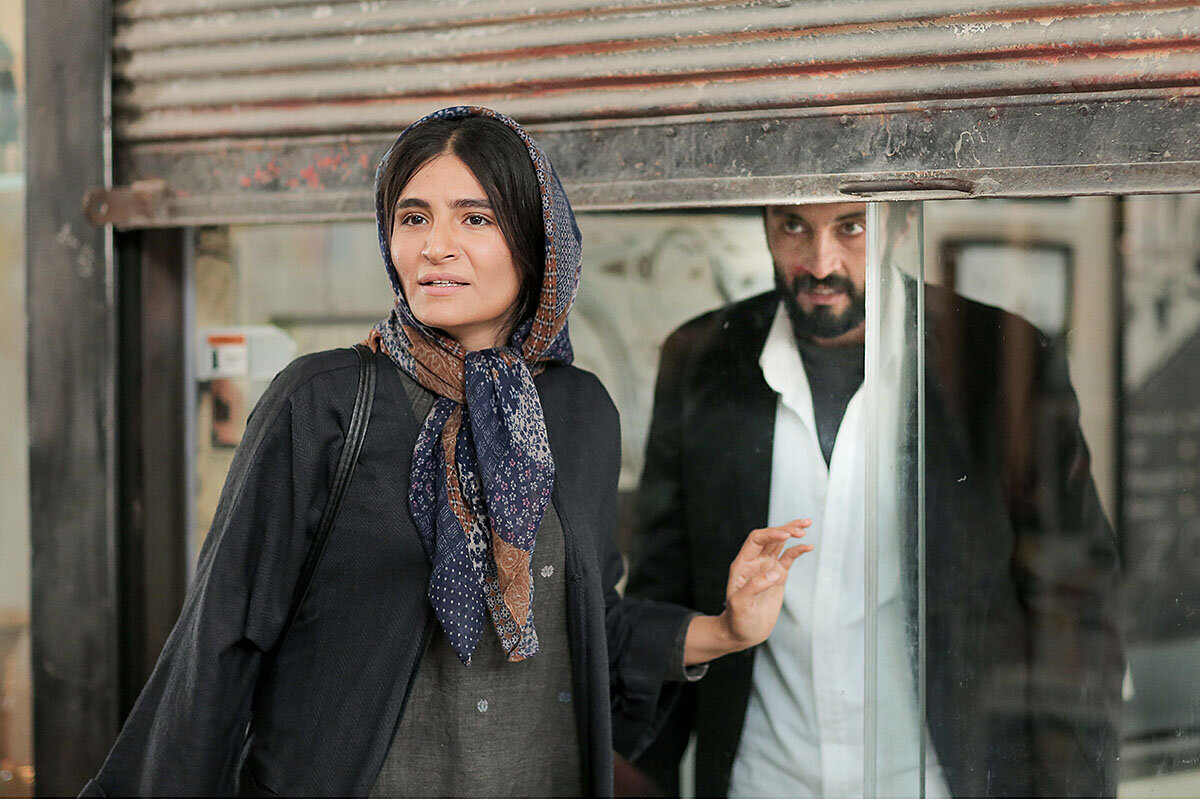In the kingdom of Jordan, Parliament is a once-revered democratic institution. To restore its stature, is it enough to improve representation without giving the “people’s house” a stronger voice?
Monitor Daily Podcast
- Follow us:
- Apple Podcasts
- Spotify
- RSS Feed
- Download
 Peter Grier
Peter Grier
The pioneering Black actor Sidney Poitier lived his values on screen and always carried himself with dignity and respect.
Mr. Poitier, whose death was announced Friday, often played steadfast heroes thrown into difficult situations, such as a caring London teacher in a tough school in “To Sir, With Love,” a Northern detective on the trail of a murder case in the South in “In the Heat of the Night,” and a doctor whose race surprises his white fiancee’s parents in “Guess Who’s Coming to Dinner.”
All three of those movies appeared in 1967, and were among the top 10 grossing films of that year. By then Mr. Poitier was one of the biggest box office draws of his generation, and the first Black winner of an Academy Award for best actor, for his portrayal of an itinerant handyman who helps nuns build a chapel in “Lilies of the Field.”
Monitor film critic Peter Rainer, who wrote and co-produced a 1997 television biography of Mr. Poitier, wrote in 2020 that along with Cary Grant he was “probably the most elegant of all Hollywood movie stars,” as well as “one of its greatest actors.”
But while the film industry of the late 1950s and early 1960s made Mr. Poitier a star, it also was still rife with stereotypical attitudes about what Black actors could do. Mr. Poitier faced down these attitudes by declining to go along with them. He told an interviewer in 1998 that he had turned down a number of roles he felt demeaning.
“I was here under my own terms, and I knew I had no power to influence except the power to say ‘no,’” he told the interviewer.
Underneath he was still angry about racial injustices, but he kept the anger at bay with iron self-control. He said he learned in the end that he had to find positive outlets for his “demons” or they would destroy him.
His flame of anger burned “because the world is so unjust. I have to try to find a way to channel that anger to the positive, and the highest positive is forgiveness,” Mr. Poitier wrote in his memoir, “The Measure of a Man: A Spiritual Autobiography.”










